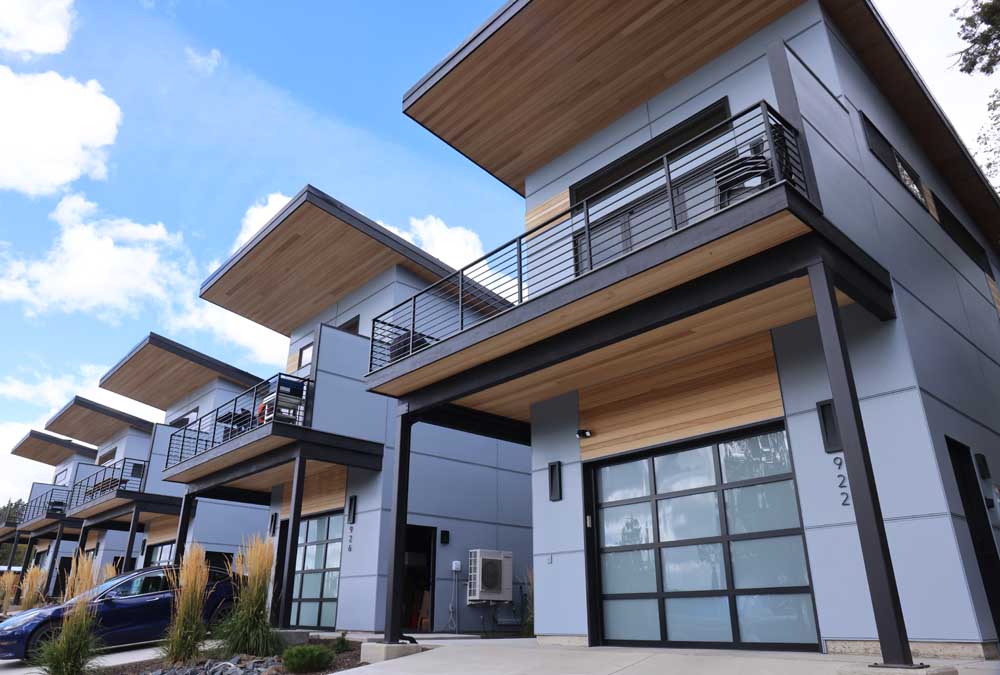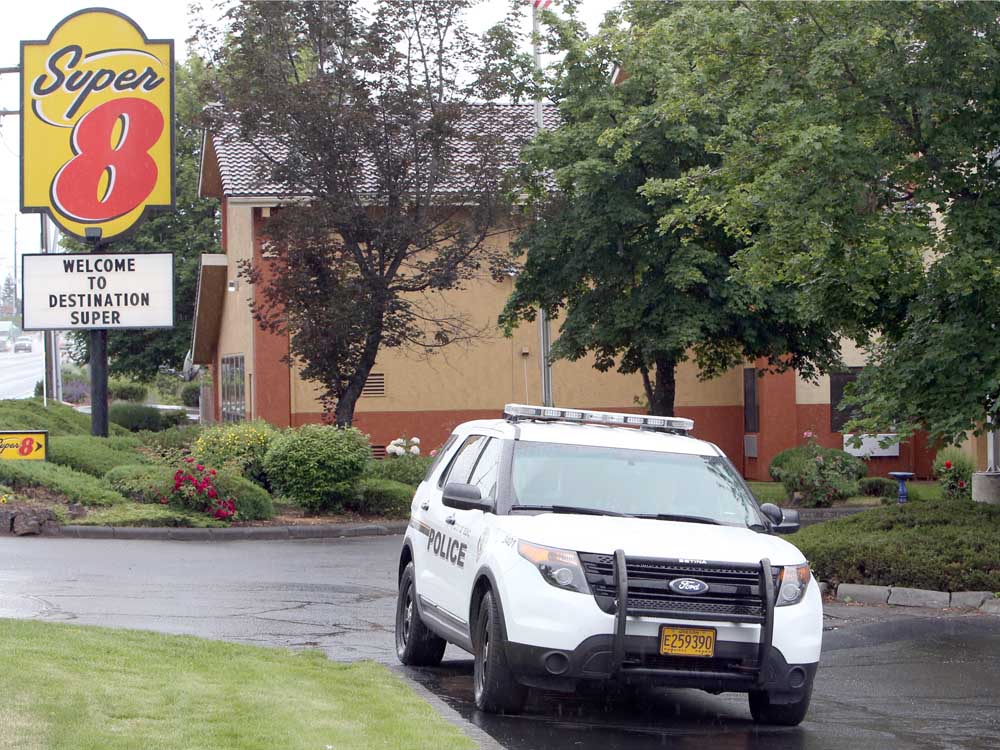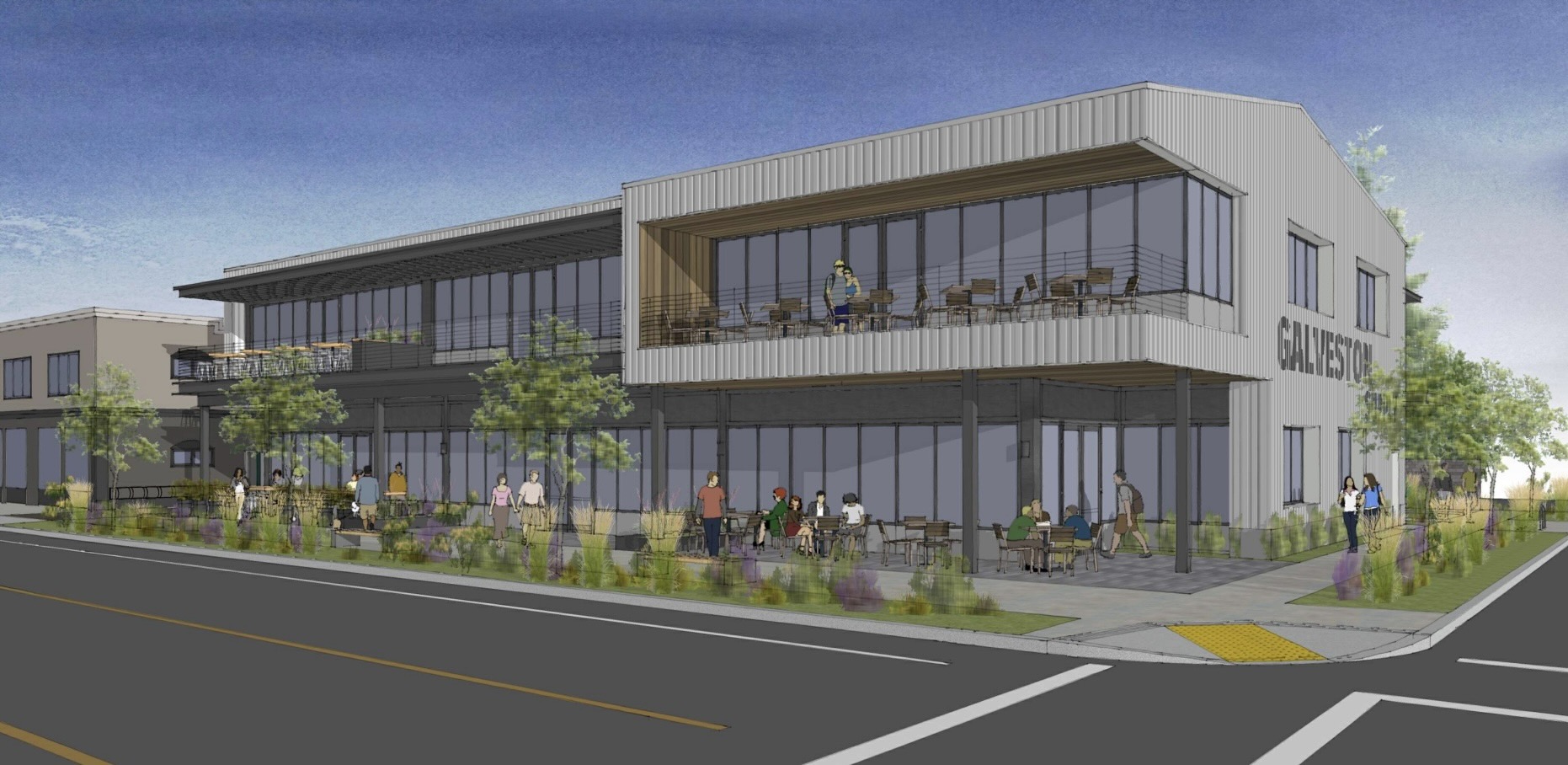Bend could spend $500,000 on middle-income housing projects
Published 5:30 am Wednesday, October 4, 2023

- A new regional housing council will included leaders from the three counties in Central Oregon and the cities within them.
As housing prices continue to rise in Bend, local housing developers are working to fill a gap: homeownership opportunities for middle-income earners.
The city of Bend is adding to this effort. The City Council could approve $500,000 for three different projects Wednesday for middle-income designated housing.
Trending
Middle-income housing is similar to low-income housing, but it’s for households that earn 80% to 120% of the area median income. In Deschutes County, for a household of four, that’s between $76,150 and $114,250 a year. For a couple, that’s between $60,950 and $91,400.
Stevens Road Tract in southeast Bend on its way to become 2,500 units of housing
This means middle-income households can likely afford a mortgage but may need help with other costs like a down payment or to keep up with bills.
Accessibility that can be copied
Trending
One of the three projects up for approval Wednesday is a $75,000 award for a house to be built by the Bend-Redmond Habitat for Humanity and local housing developer Hiatus Homes. The home, which will be near 15th Street and Wilson Avenue, will be accessible to people with disabilities, and it will be designed by Hiatus in such a way that it can be replicated by Habitat for Humanity, a nonprofit housing aid organization, in the future.
“The need is acute in Bend,” said Scott Nordquist, Habitat’s grants management director.
The median cost of a home in Bend was $742,000 in August, which was down from the record high of $800,000 in July. At the same time, Nordquist pointed out that median incomes — around $88,500 according to 2022 data from the U.S. Census Bureau — remain much lower than what’s needed for housing prices.
Carly Colgan, Habitat’s executive director, said the organization typically sees households that are mortgage ready with decent credit and an acceptable range of debt, but their incomes hold them back.
“So they’re not able to then find anything in the city of Bend that they can purchase,” she said.
The partnership between Habitat and Hiatus is a first. Hiatus typically builds smaller-footprint, higher-density homes, not a single-family home on one lot. . But Hiatus focuses almost exclusively on developing middle-income housing in the Bend area.
“We’re always looking for ways to design space efficiently and not overbuild,” said Sean McKeever, Hiatus’ design director.
Designing an energy-efficient and universally accessible home from the top down that also will be affordable will allow Habitat to take Hiatus’ design and replicate it in other housing developments.
Down-payment assistance
Another project up for funding Wednesday is NeighborImpact’s down-payment assistance program.
The $200,000 in funding for NeighborImpact’s program, if approved, will be doled out in up to $40,000 increments to middle-income households looking to buy their first homes in Bend. The nonprofit has offered similar loans for decades, but a dearth of funding has left it difficult to help local residents.
“As of now, we are out of money because our program is so popular,” said John Cox, NeighborImpact’s director of lending.
The program is flexible, Cox said, and funding can be tailored to meet individual household needs. However, even with the funding, Bend’s expensive housing market won’t make things easy.
“Our biggest hurdle will be our price point within the city of Bend,” Cox said.
Sewer line keeps some homes affordable
The third and final project up for approval involves $225,000 for housing developer Hayden Homes to connect sewer lines at a new 50-home community called Woodside Court near where Country Club Drive intersects with the railroad tracks in southeast Bend. The savings from creating sewer lines instead of septic tanks will then allow the developer to restrict the purchase of 20 lots to 80% of area median income.
The $500,000 will come from the city’s general fund if approved, and it was designated specifically for middle-income housing.
The growing need for middle-income housing poses a unique challenge to housing developers because federal funding doesn’t exist for that income range, as it does for affordable housing programs. Thus, the city made a commitment to at least try to fill that gap.
“Really, this was shaped as a pilot to see if we could be effective in this space and how to shape funding in this space,” said Lynne McConnell, the city’s housing director.
The goal is to focus on development as a whole, and how reduced costs associated with development impact housing affordability in Bend overall, McConnell said.
Bend is a desirable place to live, she said, and generating affordability across the board is often dependent on what can be built within the confines of such a desirable place.







